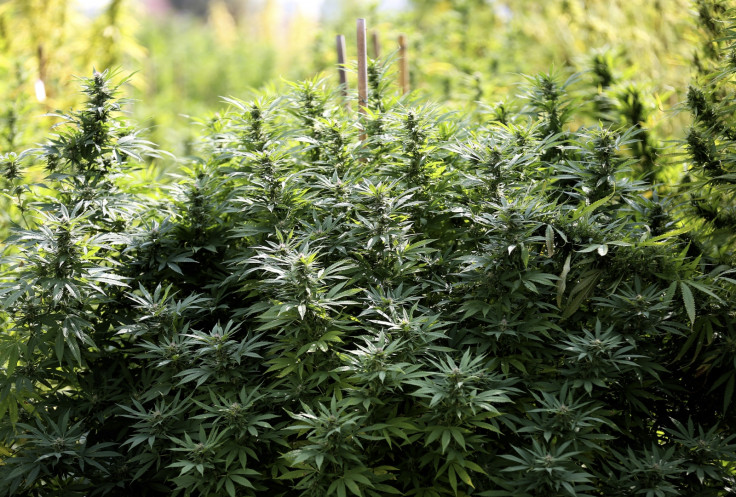US Supreme Court to decide on Colorado marijuana laws after Nebraska and Oklahoma complain

The US Supreme Court is set to hold a conference to determine whether or not to decide a case against Colorado's law legalizing recreational use of cannabis.
The case has been filed by the neighbouring states of Nebraska and Oklahoma, claiming the law is encouraging crime within their borders.
The attorneys general of the states are arguing that that the commercialization allowed in Colorado illegally conflicts with federal law, and that marijuana flowing across Colorado state lines is creating a burden for them.
The petition in Nebraska and Oklahoma v. Colorado is an original jurisdiction case, meaning the complaint is sent directly to the Supreme Court, with no lower court involved, because it involves a dispute among states.
The Obama administration has urged the Supreme Court not to take the case. The administration has signalled that it will not take legal action against states that have legalized cannabis use provided certain safeguards have been put into place.
In early 2015, Colorado Attorney General Cynthia Coffman submitted a brief arguing against the case saying the action would dangerously meddle with Colorado law.
Nebraska and Oklahoma "filed this case in an attempt to reach across their borders and selectively invalidate state laws with which they disagree," she wrote. Coffman argued that instead of exacerbating criminal marijuana trade, the Colorado law was an attempt to bring the sale of marijuana into a carefully regulated system.
At least four justices must vote in favour of hearing the case which would start a process likely to take years involving back-and-forth filings and arguments before a decision. Typically in such a case the court would appoint a Special Master to gather evidence before arguments are heard.
The court could decide as early as 7 March to reveal if any action was taken on granting or denying the case — or if indeed the justices even talked about the case as scheduled, reports the Denver Post. A determination on whether or not to hear the case has been postponed three previous times.
It is unclear what impact the death of conservative Justice Antonin Scalia will have on the case. At a speech in Boulder a couple of months before the suit was filed, Scalia indicated he supported the case, but the court might be reluctant to take on the issue while short a justice.
The justices were supposed to meet to discuss the case in late February, but postponed it for the Scalia memorial service.
© Copyright IBTimes 2024. All rights reserved.






